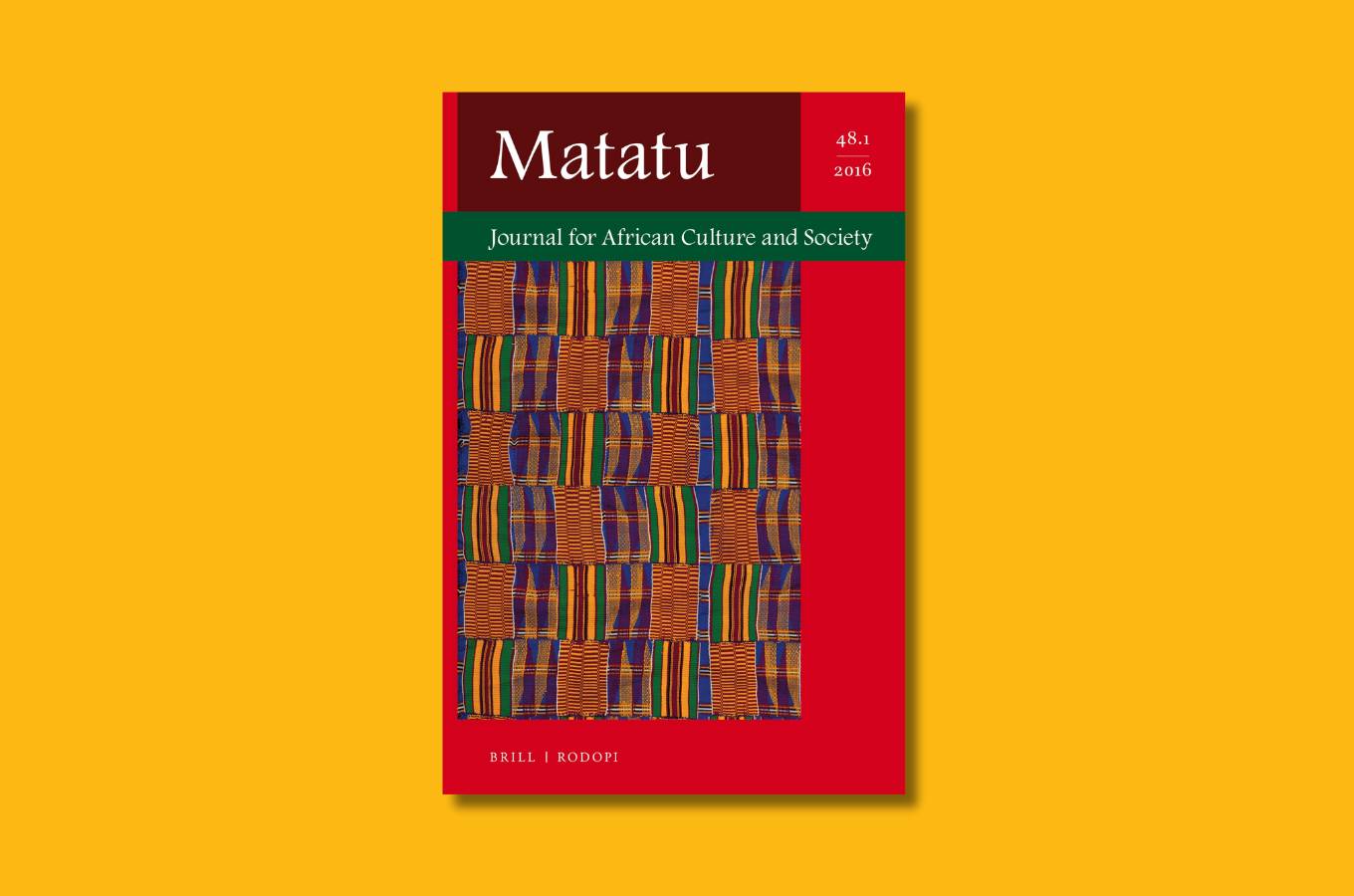
The newest special issue of Matatu: Journal for African Culture and Society is out and it is absolutely stunning! Exploring civic dissent and violence in Nigeria, the issue was released on December 5 and edited by Chijioke K. Onah and Pavan Kumar Malreddy.
The issue is titled “Civic Dissent and Violence in Nigeria: Literature, Film, and Media” and does a brilliant job examining key events that shaped postcolonial Nigeria and brought civic dissent into the public sphere, evoking local and international responses. Often times, such dissent takes place in the guise of public displays of violence, which are used as a political tool by powerful stakeholders in Nigerian society.
In the post-9/11 context, much of this civic dissent has been absorbed into the discourse on the war on terror. However, the special issue challenges this categorization and labels civic dissent as a conceptual tool to understand “public manifestations of unfulfilled nationalist aspirations, unabated ethno-religious tensions, unequal distribution of resources, chronic disruption of democratic institutions, and more”.
According to the co-editors’ introduction, this expansive definition of civic dissent includes civil wars, political coups, shadow or parallel governments, insurgencies, terrorism, and acts of public violence. These are all major themes in postcolonial Nigerian literature, films, and media narratives.
The essays included in the special issue offer a stunning range of perspectives on the topic. The opening essay by Hanna Pardey focuses on the civic pulse of conflictual drama in Wole Soyinka’s 1975 play Death and the King’s Horseman and Biyi Bandele’s 2022 Netflix adaptation of the play. Meanwhile, Mary J.N. Okolie and Ogochukwu Ukwueze read Helon Habila’s Oil on Water and Kaine Agary’s Yellow-Yellow to resist a homogenized history of dissent and examine the impact of environmental exploitation on women in the Niger Delta. While Tolulope Akinwole underscores the quotidian character of civic dissent, Ana Nenadović and Alessandra Di Pietro highlight the rupturing of the boundary between public and private forms of dissent in postcolonial Nigeria.
We highly recommend that Brittle Paper readers check out Matatu‘s newest special issue, especially those with a vested interest in Nigerian politics and/or civic dissent! Kudos to the two co-editors for doing a great job with the issue.
Pavan Malreddy specializes in 20th and 21st century comparative Anglophone literatures & cultures with a regional focus on East Asia, Africa, South Asia and the Arab speaking world, with a thematic focus on conflicts, communal bonds, insurgencies, populism, public life and migration. He co-edits Kairos and serves on the advisory board of Philosophy, Politics and Critique and The Journal of Aterity Studies and World Literature.
Chijioke K. Onah is a Ph.D. candidate in the Literatures in English Department at Cornell University, specializing in African and African Diaspora Literature, Anglophone Postcolonial Literature, and Environmental Humanities. After obtaining his bachelor’s degree in Combined English and History at the University of Nigeria, Nsukka, he earned his masters degree at at the Goethe University of Frankfurt, with an Erasmus-funded exchange at Utrecht University. He received the 2023 Mellon/ACLS Dissertation Innovation Fellowship. Onah’s publications have appeared in or forthcoming from several journals such as ASAP/J, African Literature Today, and Cambridge Journal of Postcolonial Literary Inquiry, among others.
Read the special issue here.


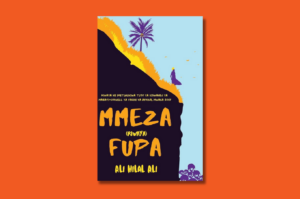


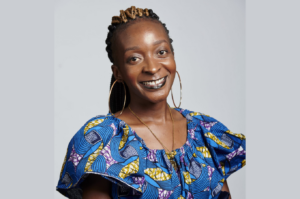
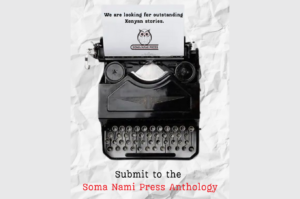
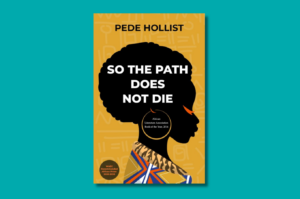

COMMENTS -
Reader Interactions